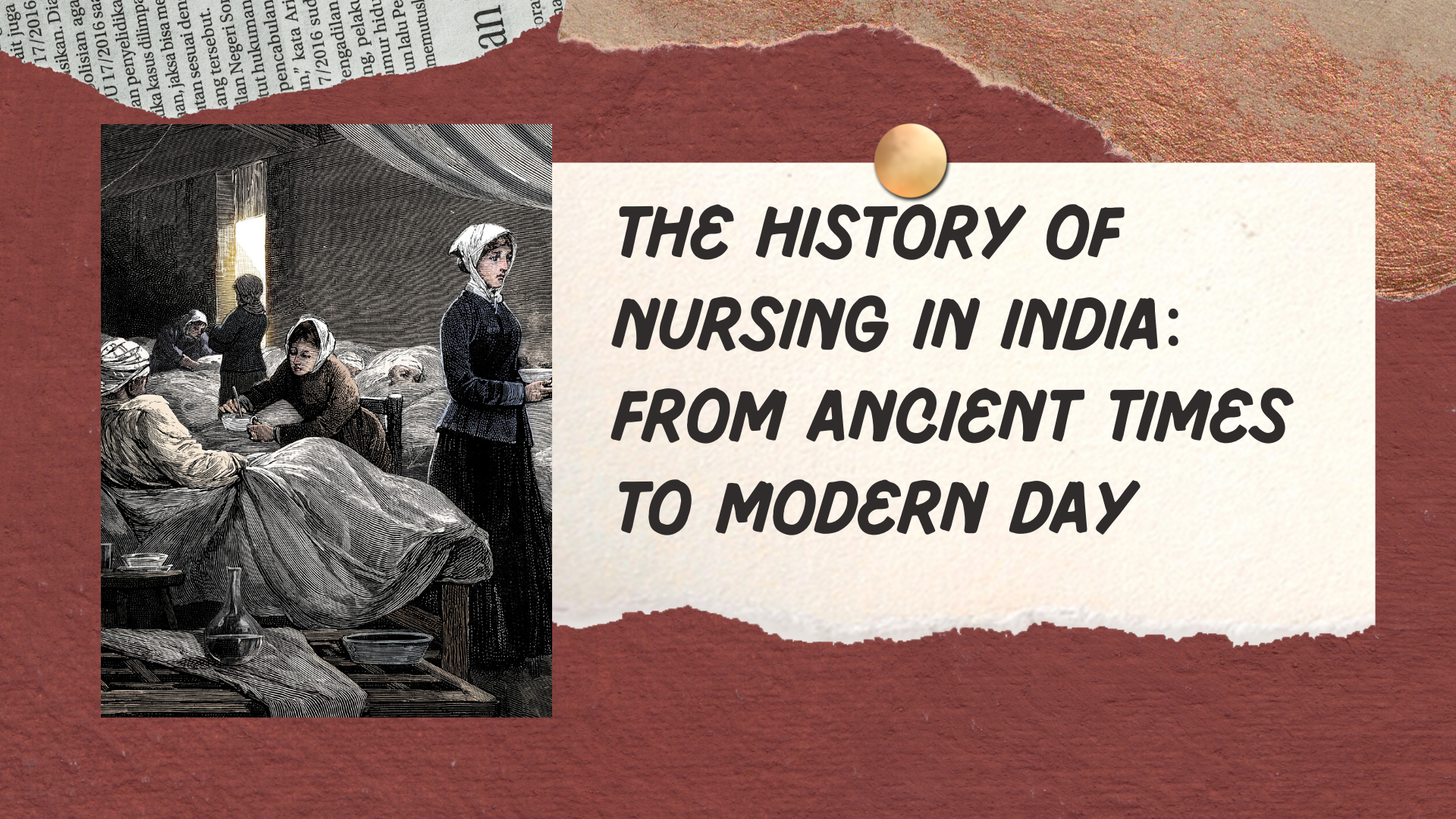Precision pharmacology represents a shift in how medicines are prescribed and administered. This field tailors treatment plans to individual genetic profiles, environmental factors, and lifestyle. As precision pharmacology rises, nurses are evolving their roles to integrate these advanced therapies into everyday patient care. In this article, we explore what precision pharmacology entails, how nursing practices are adapting, the challenges encountered, and the strategies used to bridge the gap between innovation and patient-centered care.
Thank you for reading this post, don't forget to subscribe!
Introduction
Advancements in healthcare now offer treatments that target patients on a very personal level. Precision pharmacology leverages genetic information and biomarkers to create tailored medication plans. Nurses, who have always been at the forefront of patient care, are adapting to these new developments by updating their knowledge, collaborating in interdisciplinary teams, and using technology to monitor patient outcomes closely.


The integration of precision pharmacology in healthcare not only improves treatment efficacy but also minimizes side effects. The evolution of nursing practices supports this transformation by bridging the gap between cutting-edge research and everyday clinical practice.
Understanding Precision Pharmacology
a. Definition and Key Concepts
Precision pharmacology involves tailoring drug treatments to a patient’s unique genetic makeup, environment, and lifestyle. This personalized approach allows healthcare providers to predict how a patient may respond to a drug, avoid adverse effects, and optimize therapeutic outcomes.
Key Concepts Include:
- Genetic Profiling: Using genetic markers to guide medication choices.
- Biomarkers: Identifying measurable indicators that predict drug response.
- Individualized Treatment Plans: Developing therapies that match a patient’s specific characteristics.
b. Benefits for Patients and Healthcare Providers
Precision pharmacology can lead to more effective treatments with fewer adverse reactions. For patients, this means a higher quality of life, better disease management, and improved health outcomes. For healthcare providers, it translates to targeted care that can reduce trial-and-error in prescribing medications.
The Evolving Role of Nurses in Precision Pharmacology
Nurses are uniquely positioned to address the challenges and leverage the benefits of precision pharmacology by playing multiple critical roles in patient care.
a. Direct Patient Care and Monitoring
Nurses are often the primary point of contact for patients. They conduct regular assessments to monitor how patients respond to personalized drug therapies. This includes:
- Comprehensive Assessments: Considering both clinical outcomes and patient-reported experiences.
- Monitoring Side Effects: Closely observing changes in condition to adjust treatment plans as needed.
- Educating Patients: Helping patients understand their treatment and the importance of adherence to personalized medication protocols.
b. Patient Education and Empowerment
A significant part of nursing involves simplifying complex medical information. Nurses empower patients by explaining the science behind precision pharmacology in clear, relatable language:
- Accessible Information: Breaking down genetic and molecular details into practical advice.
- Self-Care Guidance: Teaching patients how to monitor their health and recognize early signs of adverse drug reactions.
- Interactive Learning: Conducting group sessions or one-on-one meetings to answer questions and ensure patients feel involved in their care process.
c. Interdisciplinary Collaboration
Precision pharmacology requires a team approach. Nurses work closely with geneticists, pharmacists, and physicians to develop and refine treatment plans:
- Team Meetings: Regular discussions to share patient observations and update treatment protocols.
- Technology Integration: Using digital tools to track patient data and share it with interdisciplinary teams.
- Feedback Loops: Contributing frontline insights that help refine precision medicine practices.
Challenges in Adopting Precision Pharmacology
While the promise of precision pharmacology is vast, nurses face several challenges in integrating these new approaches into routine care.
a. Resource and Training Limitations
- Learning Curve: Mastering genetic testing and digital monitoring tools requires ongoing education.
- Limited Resources: Budgetary constraints and staffing shortages can slow the adoption of new technologies.
- Technology Access: Not all healthcare settings may have the advanced infrastructure necessary for precision pharmacology.
b. Communication and Collaboration Hurdles
- Interdisciplinary Coordination: Effective integration demands seamless communication between diverse healthcare professionals.
- Patient Communication: Explaining complex genetic concepts in simple terms can be challenging, especially for patients with limited health literacy.
c. Ethical and Privacy Concerns
- Data Security: Handling sensitive genetic information requires strict protocols to protect patient privacy.
- Informed Consent: Ensuring that patients fully understand the implications of genetic testing and personalized treatment plans.
Strategies for Effective Integration
To overcome these challenges, nurses and healthcare organizations are adopting several strategies.
a. Enhancing Professional Development
- Ongoing Training: Regular workshops and courses on precision pharmacology and related technologies.
- Certifications and Courses: Access to specialized certifications helps boost confidence and expertise among nursing staff.
- Collaborative Learning: Interdisciplinary seminars that foster a shared understanding of precision medicine practices.
b. Strengthening Patient Communication
- Simplified Materials: Developing educational materials that translate complex information into layman’s terms.
- Visual Aids: Using diagrams and digital content to help patients visualize how precision pharmacology works.
- Personalized Consultations: One-on-one sessions to address individual concerns and questions about treatment.
c. Investing in Technology and Infrastructure
- Telehealth Platforms: Leveraging telemedicine to monitor patient progress and manage side effects remotely.
- Data Management Systems: Implementing robust electronic health records that integrate genetic information securely.
- Collaborative Software: Tools that facilitate real-time communication among members of the healthcare team.
d. Advocating for Policy Support
- Funding Initiatives: Lobbying for increased funding for precision medicine research and technology integration.
- Standardized Guidelines: Working with professional bodies to develop clear guidelines on incorporating precision pharmacology into practice.
- Ethical Frameworks: Establishing protocols that address privacy concerns while promoting patient empowerment.
Future Trends in Nursing and Precision Pharmacology
a. Greater Integration of Artificial Intelligence
AI tools will analyze large datasets to predict patient responses and improve treatment precision. Nurses can leverage these insights to refine patient care plans even further.
b. Enhanced Digital Collaboration
Improved digital tools will facilitate better collaboration between nurses and the broader healthcare team. Digital platforms will help in tracking patient progress and sharing timely data to adjust therapies promptly.
c. Evolving Patient Roles
Patients will increasingly become partners in their care. As precision pharmacology grows, patient education and engagement will be key to successful treatment outcomes. Nurses will lead initiatives to help patients use digital tools and understand their own genetic profiles.
Frequently Asked Questions (FAQs)
Q1: What is precision pharmacology and how does it differ from traditional treatments?
A: Precision pharmacology tailors drug treatments based on a patient’s genetic profile, lifestyle, and biomarkers. Traditional treatments often follow a one-size-fits-all approach, while precision pharmacology offers customized care.
Q2: How are nurses involved in precision pharmacology?
A: Nurses monitor patient responses to tailored medications, educate patients about the new approach, collaborate with interdisciplinary teams, and use technology to support patient care.
Q3: What challenges do nurses face in integrating precision pharmacology?
A: Nurses encounter challenges including the need for ongoing training, resource limitations, effective communication across care teams, and concerns about data privacy.
Q4: How can technology support nurses in this transition?
A: Digital tools such as telehealth platforms, electronic health records with integrated genetic data, and collaborative software help nurses track patient progress and adjust treatment plans efficiently.
Q5: What future trends might influence the role of nurses in precision pharmacology?
A: Future trends include the increased use of AI for predictive insights, stronger digital collaboration tools, and an emphasis on patient education and empowerment within personalized care frameworks.
Conclusion
Precision pharmacology is shaping the future of medicine by offering highly individualized treatment plans. Nurses stand at the forefront of this revolution. Their evolving roles include patient education, real-time monitoring, interdisciplinary collaboration, and adapting to new technologies. While challenges remain, strategic training and technology investments are paving the way for effective integration of personalized therapies in everyday clinical practice.
The journey towards personalized medicine is just beginning. With dedication, ongoing learning, and robust teamwork, nurses are well-positioned to drive improvements in healthcare outcomes and ensure every patient receives the most effective, tailored care possible.
References and Sources
American Nurses Association (ANA). (2023). Integrating Precision Medicine in Nursing. Retrieved from https://www.nursingworld.org
National Institutes of Health (NIH). (2024). Precision Medicine and Personalized Healthcare. Retrieved from https://www.nih.gov
World Health Organization (WHO). (2023). Personalized Medicine in Health Systems. Retrieved from https://www.who.int
Journal of Advanced Nursing. (2024). The Impact of Precision Pharmacology on Nursing Practice. Retrieved from https://onlinelibrary.wiley.com


